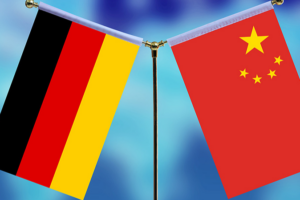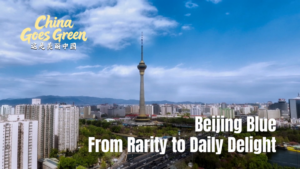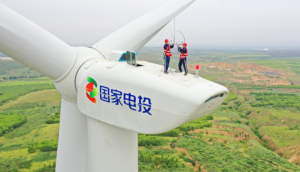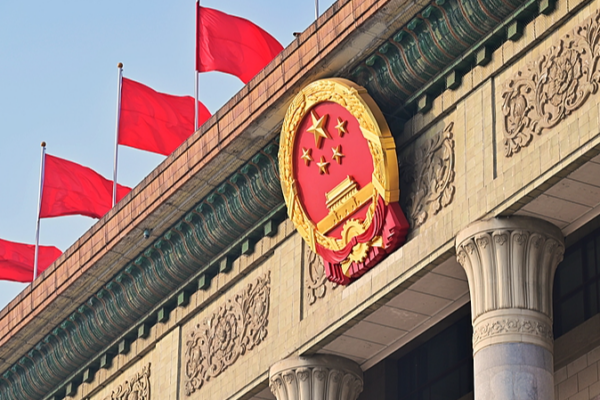
Global Eyes on China’s Two Sessions 2026: Key Priorities Revealed
As China’s 2026 Two Sessions commence, a new report highlights global security challenges, economic resilience, and tech innovation as key priorities shaping international discourse.
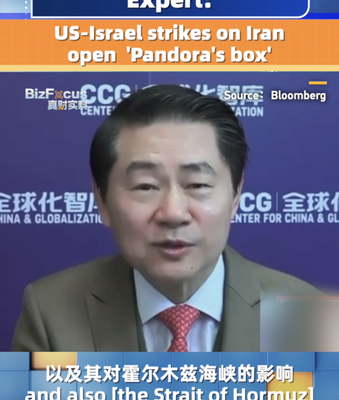
US-Israel Strikes on Iran Risk Global Economic Stability, Expert Warns
Wang Huiyao warns US-Israel strikes on Iran could destabilize global markets, urging diplomatic solutions to mitigate economic risks.

From Hobby to Career: China’s Esports Job Market Booms in 2026
China’s esports industry surpasses 495M users in 2025, driving professionalization of gaming-related careers and new economic opportunities across the Chinese mainland in 2026.

China Unveils AI Breakthrough Mimicking Human Concept Formation
Chinese scientists develop neural network simulating human concept formation, published in Nature Computational Science, advancing AI’s cognitive capabilities.
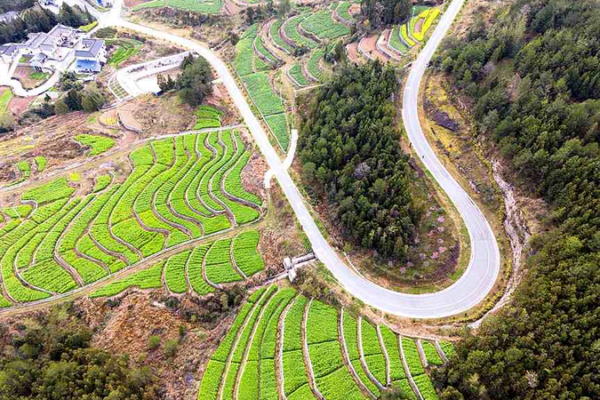
China’s Poverty Eradication Model Gains Global Recognition in 2026
China’s poverty eradication model gains global traction through infrastructure development, technology sharing, and international cooperation programs in 2026.
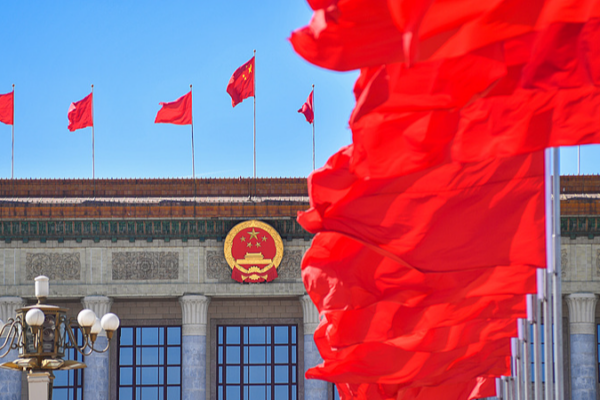
China’s Two Sessions 2026: Key Priorities as New Five-Year Plan Launches
China’s 2026 Two Sessions convene to launch the 15th Five-Year Plan, setting economic priorities and legislative agendas that will shape Asia’s development through 2030.
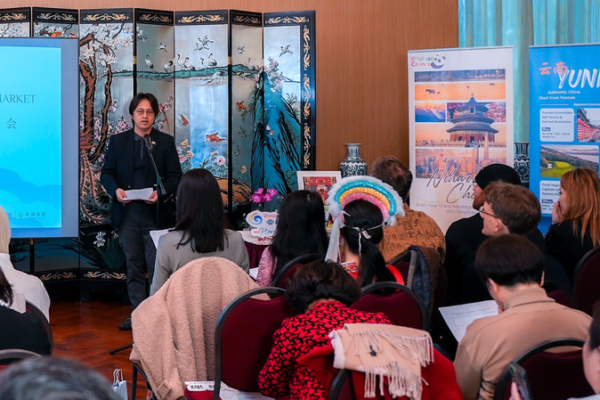
China Inbound Tourism Forum Sparks European Interest in 2026
European tourism leaders explore China’s inbound travel revival through digital innovation and cultural partnerships at 2026 Netherlands forum.
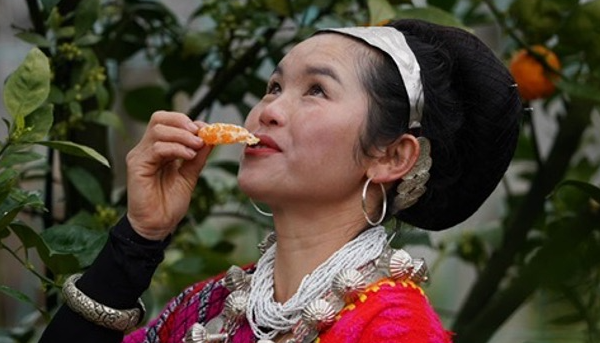
Deng People’s Resettlement Transforms Xizang’s Economy and Culture
Government-led resettlement in Xizang’s Zayu County has modernized Deng communities through infrastructure and agriculture, boosting local incomes and cultural preservation.

How China Transformed Its Vegetable Supply for 1.4 Billion
From scarcity to abundance: How China’s ‘Vegetable Basket’ initiative revolutionized food security for 1.4 billion people over four decades.

China’s Economy Defies Global Challenges with 140 Trillion Yuan Milestone in 2025
China’s economy surpassed 140 trillion yuan in 2025, with strong Spring Festival spending and innovation-driven growth, CPPCC reports ahead of annual session.
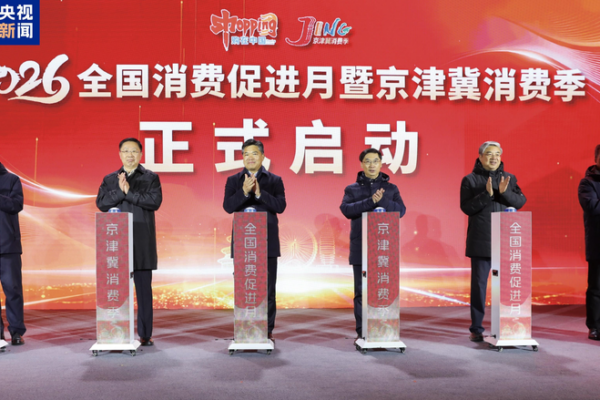
Beijing-Tianjin-Hebei Shopping Festival Launches to Boost Regional Spending
China launches 2026 Beijing-Tianjin-Hebei shopping festival featuring AI retail solutions, cultural tourism routes, and regional specialty promotions to stimulate consumer spending.
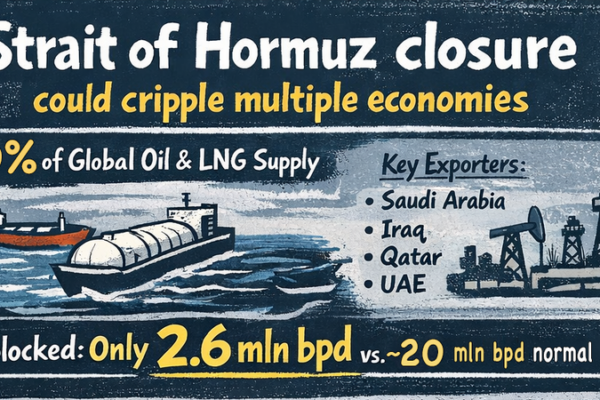
Iran’s Strait of Hormuz Closure Threatens Global Oil Supply, Economies
Iran’s closure of the Strait of Hormuz threatens 20% of global oil shipments, sparking economic warnings from Asia and beyond as markets react to supply risks.
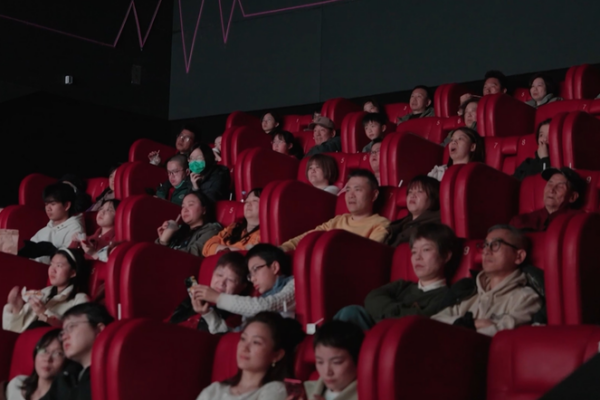
Shanghai Cements Status as China’s Film Powerhouse with Record Spring Festival Box Office
Shanghai leads China’s film industry with record Spring Festival box office sales and production growth, solidifying its status as the nation’s cinematic hub.
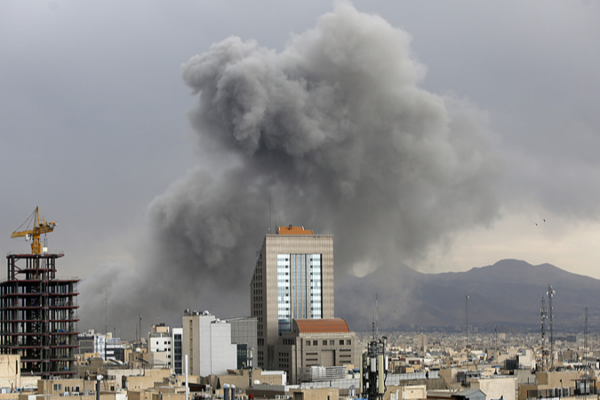
Iranian Scholar Accuses US, Israel of Resource Ambitions in West Asia
Iranian scholar alleges US-Israel coalition seeks to dominate West Asia’s resources amid military escalation, warning of regional domination agenda in 2026.
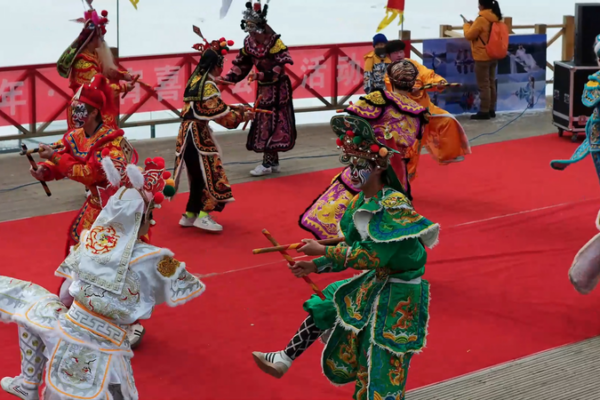
Xinjiang Lantern Festival Gala Bridges Cultural Heritage
Xinjiang hosts groundbreaking Lantern Festival event blending southern Chinese heritage with northwestern ethnic traditions through dance and music performances.

Reimagining Wuxia: How Technology Revives Ancient Chinese Culture in Gaming
Eric Zheng discusses blending self-developed tech with ancient Wuxia spirit in ‘Where Winds Meet,’ bridging culture and modern gaming in 2026.

Hangzhou’s BLACKMYTH Store Redefines Gaming Culture in 2026
Since its 2025 opening, Hangzhou’s BLACKMYTH store merges digital gaming with high-art installations, redefining immersive experiences in 2026.
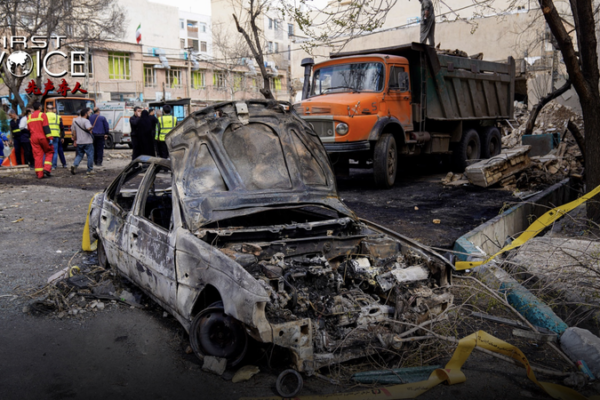
U.S. Hegemony Undermines Global Stability, Experts Warn
Recent U.S. military actions spark debate over international law violations and their impact on global stability, with experts warning of escalating regional conflicts.

6 Expert-Backed Steps to Safeguard Your Hearing in 2026
CAAC medical expert Dr. Ma Fengjie reveals six science-based strategies to combat noise-induced hearing loss in Asia’s urban environments.

CGTN’s Kung Fu Robot Takes on Newsroom Role in 2026
The humanoid robot from China’s 2026 Spring Festival Gala begins groundbreaking internship at CGTN, showcasing AI’s expanding role in media ecosystems.
